
Are you dreaming of your next adventure vacation but wondering how you can save money, beat the crowds or find the perfect campsite? Adventure travel is on the rise, with more and more of us skipping cocktails at the beach and packing our trail running shoes or climbing shoes for a different type of vacation. But when is the best time to go?
Peak season travel, which is usually during school holidays and all winter for ski trips, often means that you’ll have the most options for activities and the best weather for what you want to do – but there’s a higher price to pay and plenty of others with the same idea.
Savvy travelers swear by off-season travel – which typically means spring and fall in mountain areas popular for adventure vacations – citing lower fares and less congested trails as great reasons to risk the possibility of inclement weather. But what if you spend your whole climbing holiday waiting for the rain to let up?
The truth is, there are huge advantages and downsides to both, but not knowing what to expect can lead to some serious disappointment. In this article, we take a look at peak season vs off-season travel to help you find the best time to explore your next route.
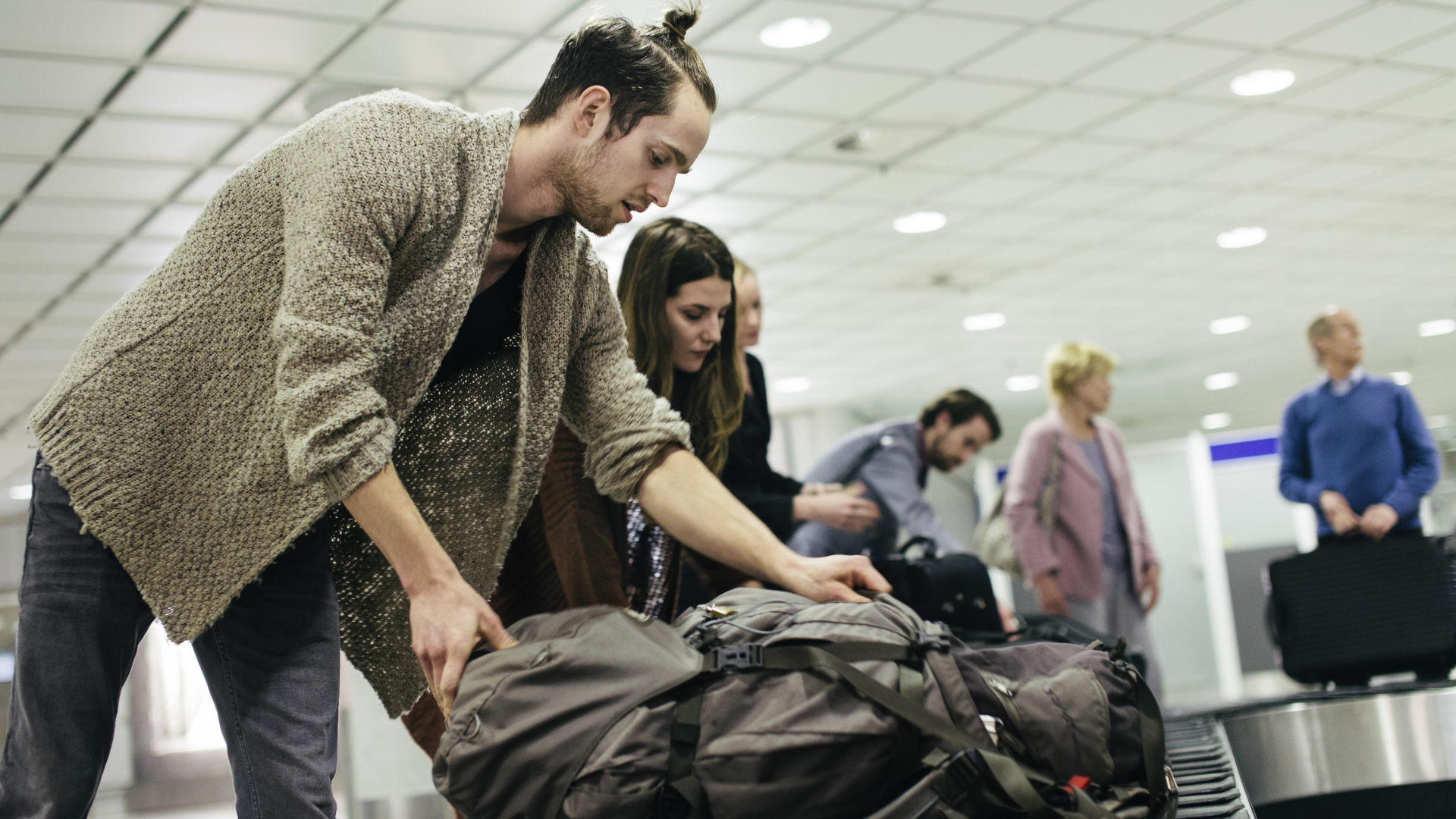
Prices
Almost across the board, if you travel during peak season, you’re going to foot a higher bill. Airline and car rental companies and raise flight prices during the school holidays, hotels raise room rates and while restaurants and tour guides might not technically plump their prices, you’re not likely to find deals or discounts when they have an opportunity to make hay, and that’s fair enough.
Travel during the off-season, however, and you’re far more likely to find deals on flights and accommodation, while restaurants might be offering specials to get people in the door and activities and tourist attractions might even have deals. In short, you’ll pay less for off-season travel, and that's a huge bonus but as you’ve probably guessed, there’s more to the story, so keep reading.

Lodging and flights
Since it’s almost always cheaper, you might think that off-season travel is the clear way to go, but while it’s true that you can save money on flights, you might also have a harder time finding convenient ones.
I traveled to Corsica, an island off the southwest coast of France, this past spring to do some mountain biking and a via ferrata. The weather was still mild and made it perfect for these types of activities, but getting there? That was a different story.
Because Corsica’s peak season is during the summer months, airlines cut back on flights during the rest of the year and my only options were to take three separate flights to get to the island or spend a night in Paris en route. I was meeting a group of around 20 others, all flying from different parts of Europe, and all seemed to have had a longer and more arduous journey than me when they arrived. Had we traveled a couple of months later, many of us would have been looking at direct flights.
Accommodation availability is also another story, depending on where you’re going. For places where accommodation is open year-round, you’ll find that a hotel room or apartment rental is much easier to book and far cheaper during off-season travel.
However, in places where off-season is extremely quiet and weather conditions are inhospitable – such as some National Parks and alpine huts – you could find that some folk have simply shut up shop altogether and there isn’t a bed for the night. Of course, if your idea of adventure travel is pitching a tent in a place where wild camping is allowed, then you don’t need to worry about rooms, rates or whether you'll need a late checkout.
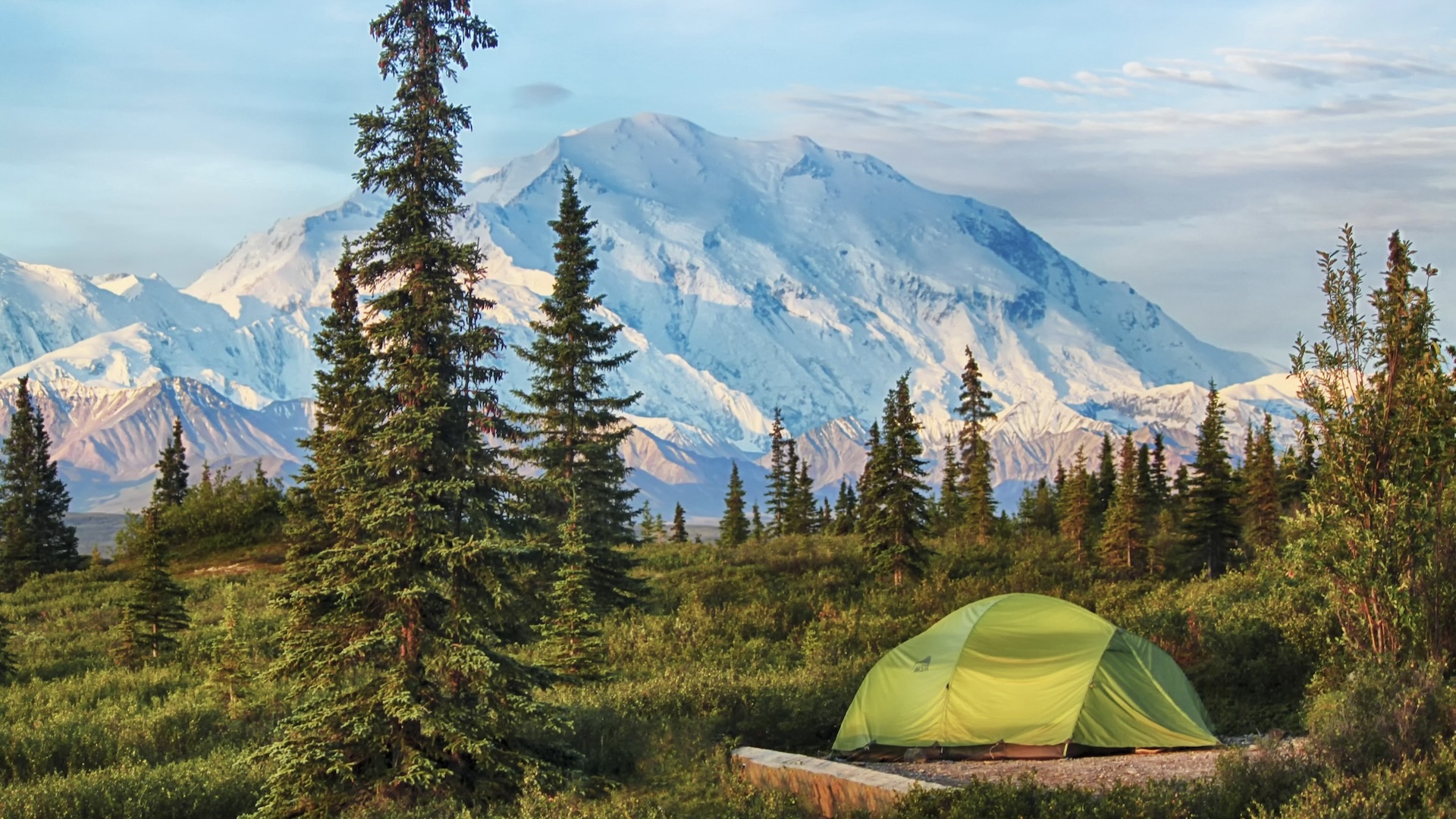
Crowds
One area where off-season travel offers a clear advantage over peak season is crowds. Peak season means peak visitorship and unless you’re expert at getting off the beaten path, it means that trails and climbing routes will be congested and bike rentals and guides booked up in advance, so it’s smart to plan ahead.
The real beauty of travel in the off-season, especially if you like empty spaces, is that everything is quieter. You’re more likely to have hiking trails and campsites all to yourself and shouldn’t run into any issues renting gear. That said, hotels and restaurants can feel a little depressing when they’re running on a skeleton crew and you’re the only person there, so there’s still a downside.
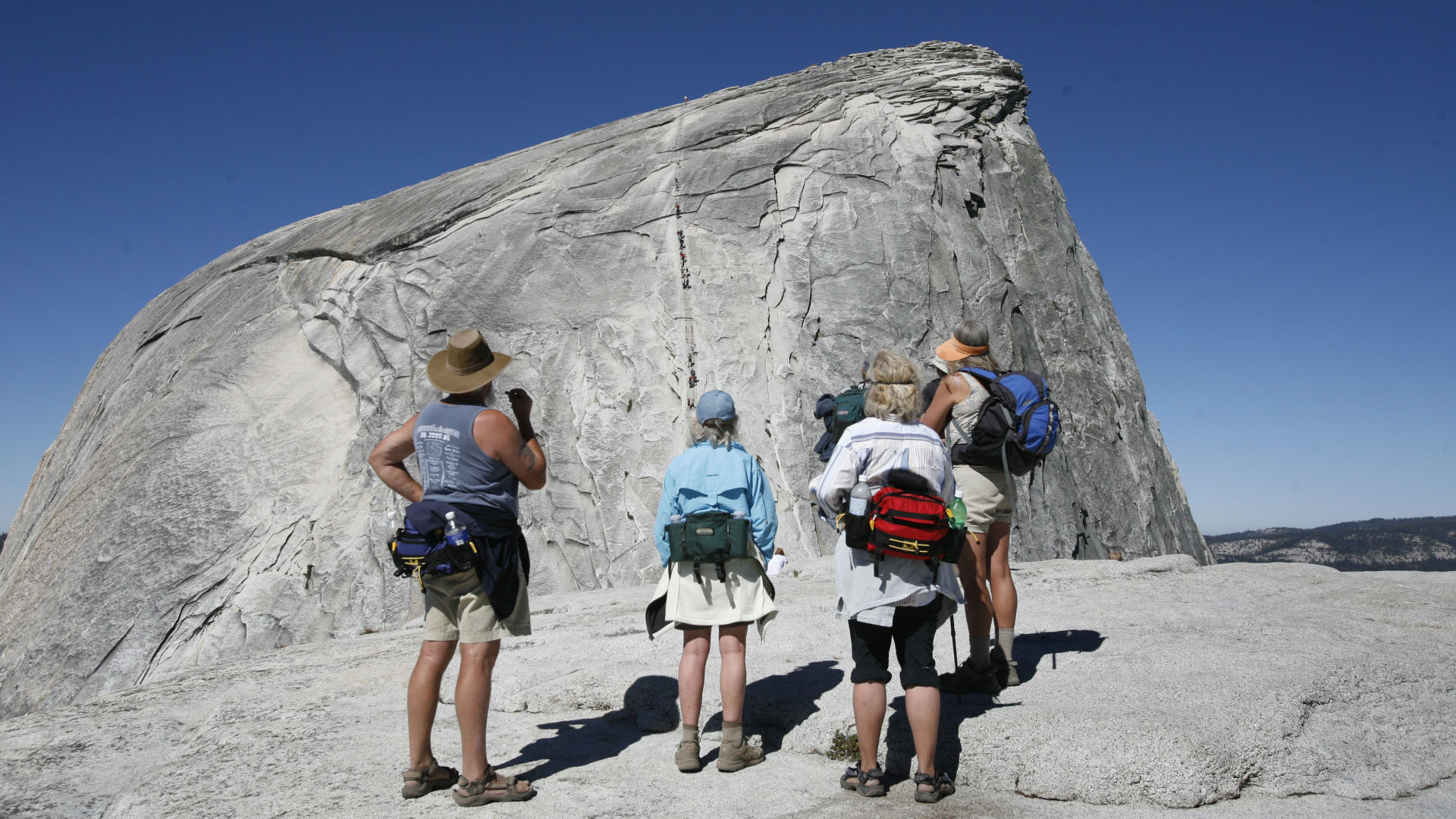
Activities
Getting to a world-class destination on the cheap and bagging yourself a four-star hotel room at bargain basement prices certainly sounds like living your best life, but before you click on that Book Now button, have a think about what it is that you actually want to do once you get there.
Just because a destination is known for a certain activity doesn't mean you can do it year round. Bocas del Toro in Panama is a world-famous surf spot, but visit in the fall and you might find the sea is as flat as a pancake. The cables to help you climb Yosemite's famous Half Dome come down in October until Memorial Day and in Vail, Colorado, where I used to live, the hiking trails are either impassable due to snow or a total mud bath in the spring.
If you have your heart set on hiking, check that the trail conditions are favorable outside of summer, or at the very least, upgrade your hiking boots. Want to get some late-season turns in on the slopes? Be sure you’re visiting a snow-sure ski resort and book last minute. Be aware that guides might spend their off-season in some other exotic locale and some areas and attractions may be off-limits during quiet periods, so make sure you can do the things you really want to do – or have the right gear for your second choice.
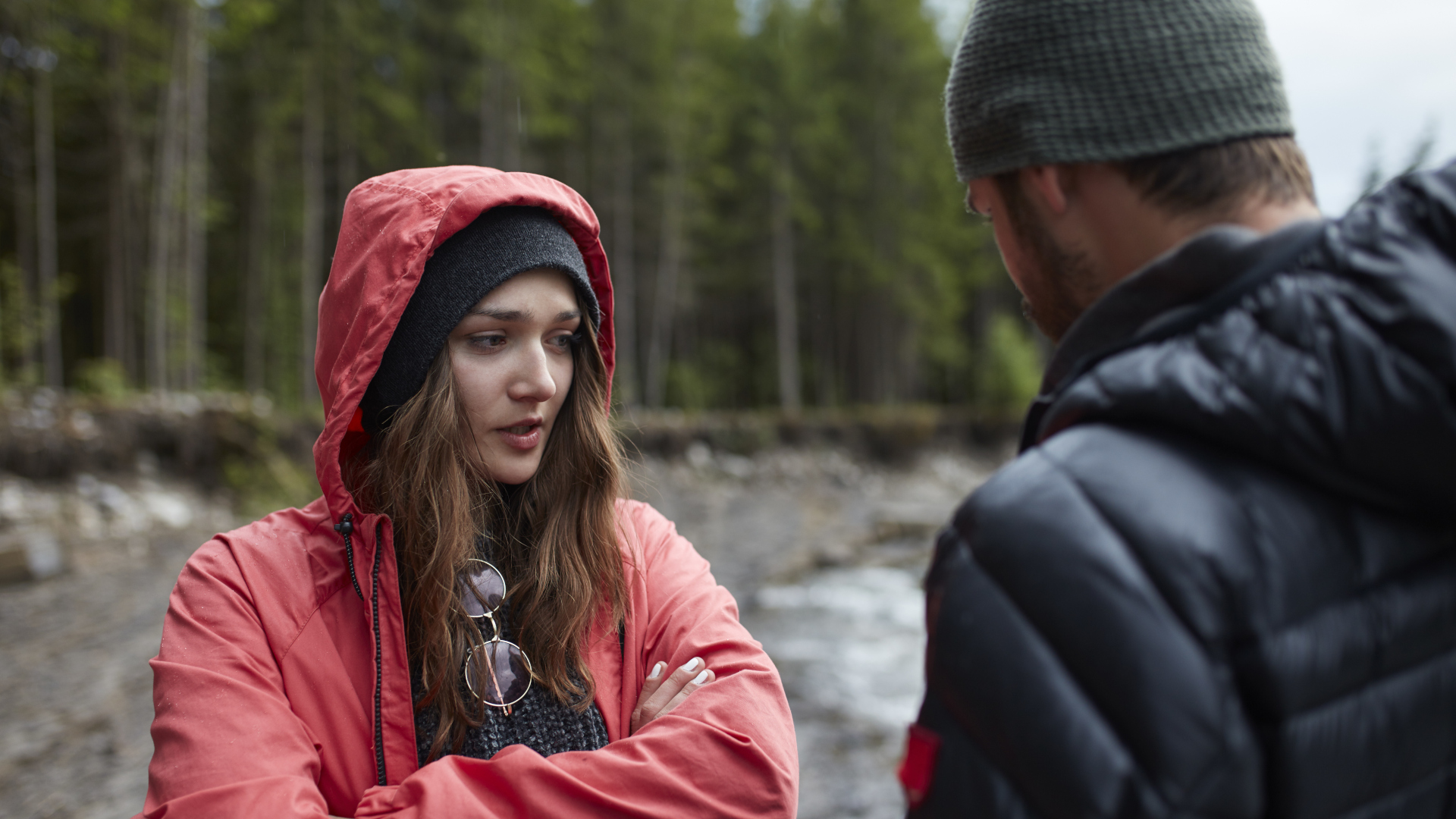
Weather
Some years ago, my friend Rachel had a hiking trip to Thailand planned for the fall. She spent months saving, planning and looking forward to it but when she arrived, she discovered it was still monsoon season. It rained non-stop, she couldn’t do any of the activities she hoped to and she cried.
While it’s certainly true that when it comes to adventure travel, there’s no such thing as bad weather, only the wrong gear, the weather can make a real difference to how much you enjoy your trip. Yellowstone National Park is magical in the winter, but only if you love winter sports and are backcountry-savvy. Hiking in the rain might be no problem, but you need a waterproof jacket and rain pants.
Put it this way: when a destination has a peak season, it’s usually because the conditions are favorable for what people generally want to do. Winter is peak season for northern hemisphere ski resorts because it brings snow, while summer means dry trails for hikers and trail runners.
If you’re booking your trip based on activities, research what the weather is generally like at the time you’ll be going and make sure it’s supportive of your goals, and that you pack the right gear. And remember, off-seasons like spring and fall can be the perfect time to explore desert climates before they get too hot.
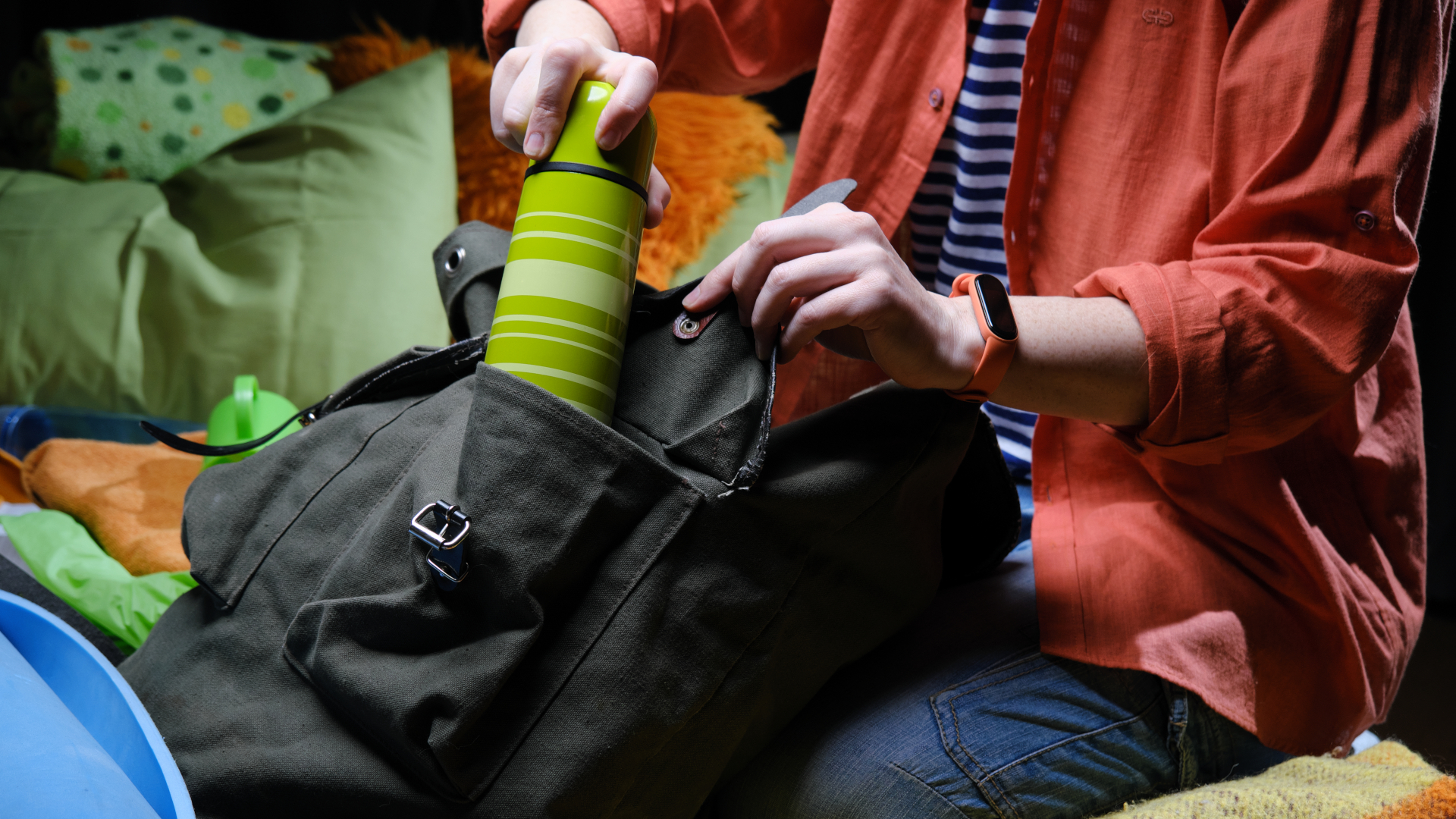
The verdict
So do you take your adventure vacation during the busy peak season and risk the crowds and high prices, or wait until the off-season? It all depends on how attached you are to doing certain activities.
There are tons of advantages to off-season travel such as lower prices, more lodging options and fewer people on the trails, but the weather might not play ball and you could find that certain activities and areas are off-limits. Meanwhile, you’ll pay more for peak-season travel and encounter busier trails and campgrounds, but you’ll have more of a guarantee of favorable conditions and access.
We think this one really highlights the benefits of being open to new activities and of hiring a local guide, who will always know the areas where you can escape the crowds if it’s busy or find the best conditions.







